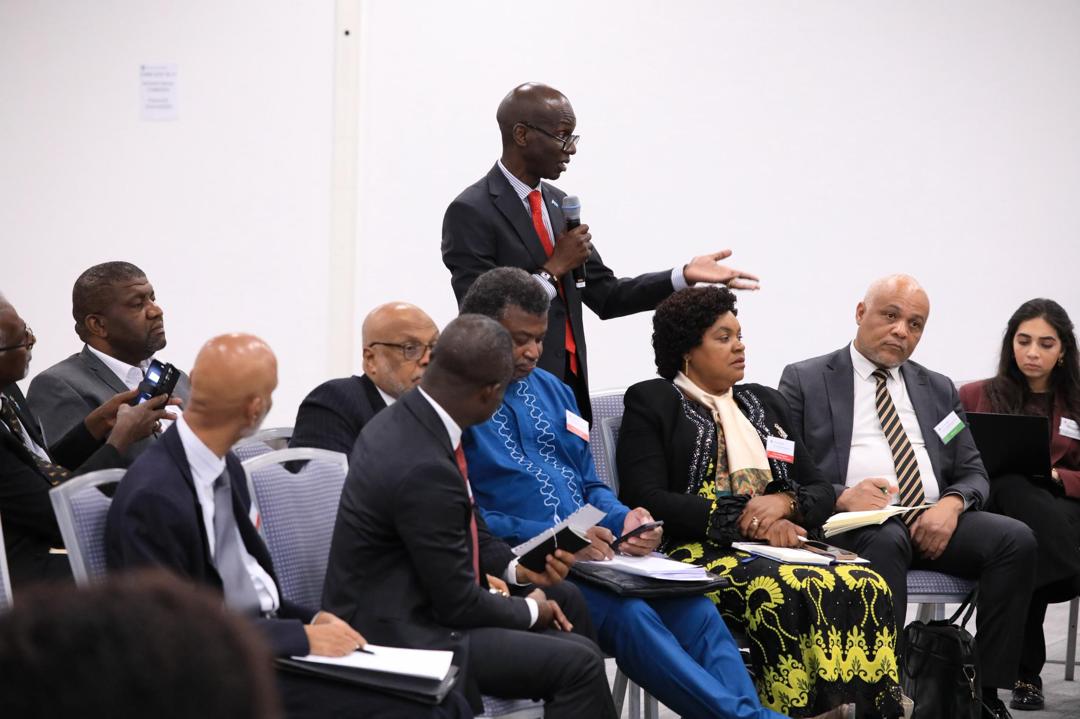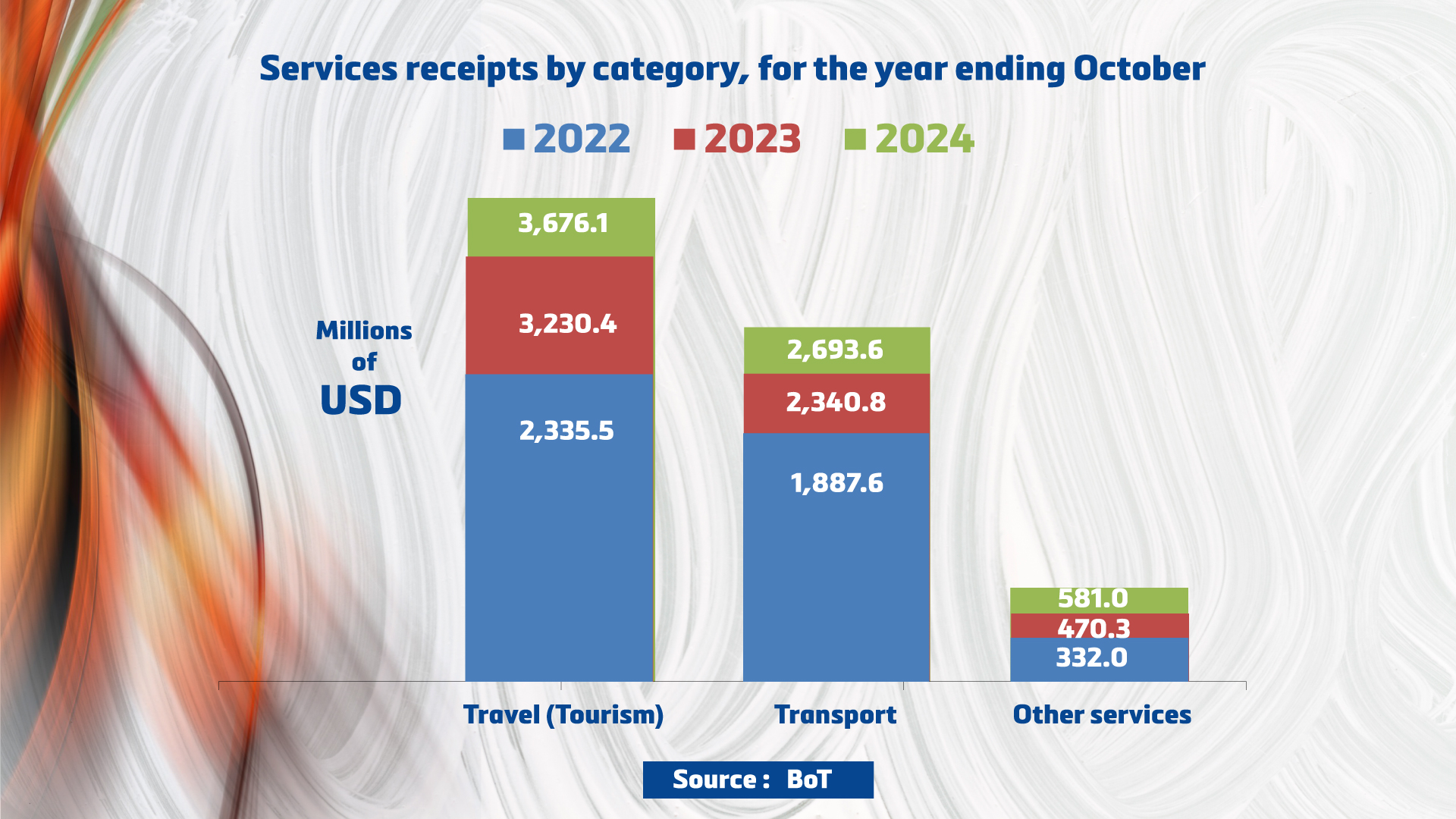Morogoro. The Tanzanian government has granted a special mining licence (SML) for graphite extraction to EcoGraf Limited.
The licence, issued on March 3, 2025, covers the Epanko Graphite Project in Mahenge District, Morogoro Region.
This move aligns with the government’s long-term strategy to enhance the mining sector and add value to its mineral resources.
The project is expected to drive economic transformation, bolster industrial growth, create jobs, and strengthen Tanzania’s position in the global clean energy market.
Through the project EcoGraf is expected to contribute approximately $850 million (Sh2.1 trillion) in various payments during its operational period, with the project forecast to add over $2.5 billion (Sh5.6 trillion) to the national GDP.
Industrial growth and value addition
The Epanko Graphite Project is set to become Africa’s largest graphite operation ready for development.
With estimated ore reserves of 290.8 million tonnes, the project guarantees long-term mineral supply and market competitiveness.
EcoGraf has committed to processing graphite locally before export, positioning Tanzania as a strategic hub for high-grade graphite production.
The issuance of the SML is a key milestone, enabling the financing process for the first phase of development, including a graphite processing plant with an annual capacity of 73,000 tonnes, to continue.
Tanzania’s role in the global clean energy market
As the world transitions from fossil fuels to clean energy, demand for high-quality graphite continues to rise.
The mineral is essential for manufacturing high-performance batteries for electric vehicles and energy storage systems.
The Epanko project strengthens Tanzania’s strategic positioning in the global supply chain, particularly for markets in Europe, Asia, and North America.
With its high-grade graphite, the country could become a leading global supplier, enhancing its role in economic diplomacy.
Employment
The Epanko project is expected to create thousands of jobs across mining, processing, logistics, and supporting industries such as catering, transport, and security.
Engineers, technicians, drivers, and skilled labourers will benefit from employment opportunities.







